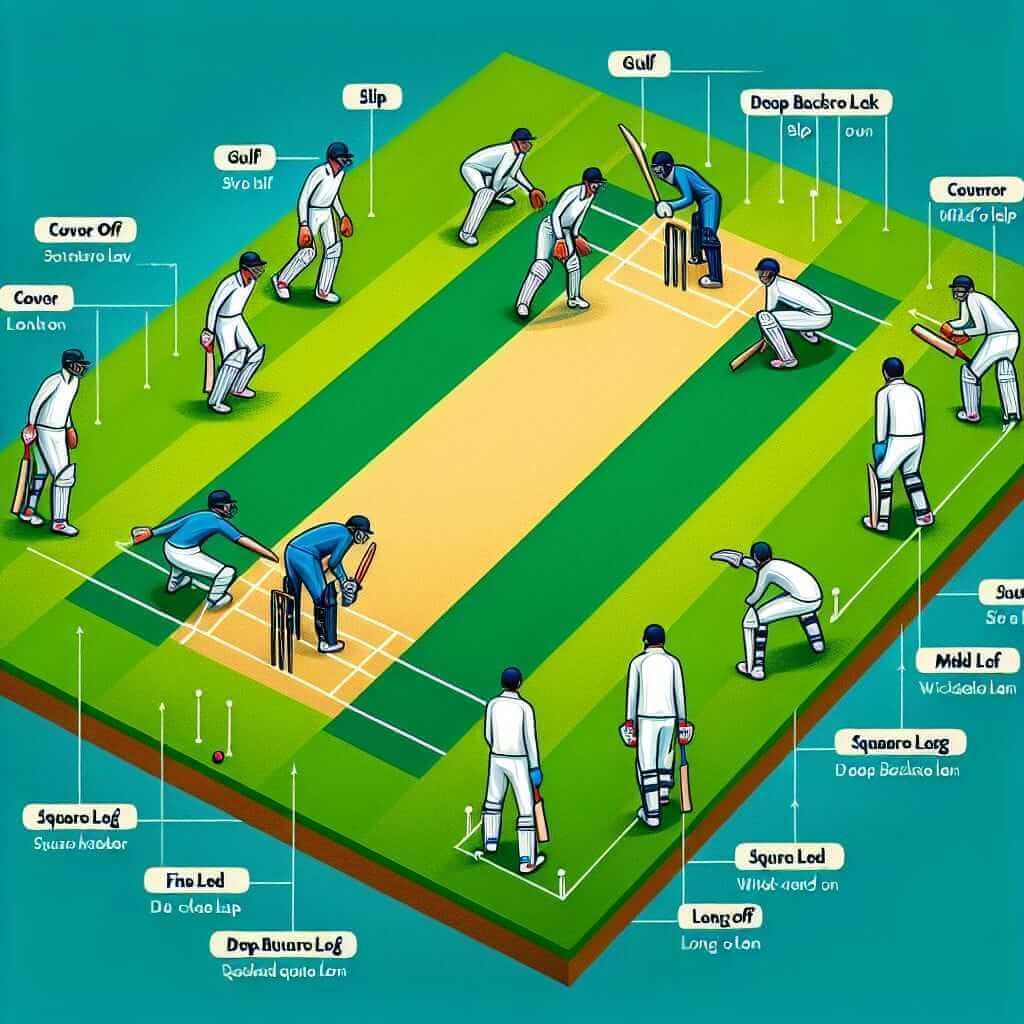As an experienced IELTS instructor, I often encounter students who underestimate the importance of vocabulary in achieving a high score, particularly in the listening and reading sections. A broad vocabulary is essential for understanding complex passages and dialogues, and this is especially true when it comes to specialized topics like cricket.
Whether you’re a cricket enthusiast or a complete novice, understanding the key terms associated with this popular sport can significantly enhance your IELTS performance. This article will equip you with the necessary vocabulary to confidently tackle cricket-related topics in the exam.
Understanding Key Cricket Terms
Let’s begin by dissecting some fundamental cricket terms that frequently appear in the IELTS:
Batting Terms
- Batsman/Batswoman: The player striking the ball.
- Runs: The unit of scoring in cricket.
- Boundary: Hitting the ball to the edge of the field for four or six runs.
- Wicket: A method of dismissing a batsman.
- Century: A batsman scoring 100 runs in a single innings.
- Strike Rate: A measure of a batsman’s scoring speed (runs scored per 100 balls faced).
Bowling Terms
- Bowler: The player delivering the ball.
- Over: A set of six legal deliveries bowled by a single bowler.
- Wicket-taker: A bowler who dismisses a batsman.
- Economy Rate: The average number of runs conceded by a bowler per over.
- No Ball: An illegal delivery by the bowler, resulting in a run and an extra delivery.
- Spin Bowling: Bowling with a rotation of the ball, causing it to deviate upon bouncing.
Fielding Terms
- Fielder: A player positioned around the field to catch the ball or limit runs.
- Catch: Dismissing a batsman by catching the ball after it is hit, but before it bounces.
- Run Out: Dismissing a batsman by hitting the wicket while they are outside of their crease and attempting to run.
- Stumping: A wicketkeeper dismissing a batsman by hitting the wicket with the ball when the batsman is out of their crease and not attempting to run.
- Slip: A fielding position close to the batsman on the off-side, designed to catch edges off the bat.

Applying Cricket Vocabulary in the IELTS
Now that we’ve established a foundational understanding of key cricket terms, let’s explore how this vocabulary might appear in the IELTS:
Listening Section
You might encounter a dialogue about a historic cricket match, an interview with a famous cricketer, or a news report about a recent tournament.
Example:
“The match was ultimately decided in the final over, with the home team needing six runs to win. The tension was palpable as the bowler ran in to bowl. The batsman swung hard but could only manage to edge the ball to the slip fielder, who took a stunning catch to secure victory for his team.”
In this example, understanding terms like “over,” “runs,” “bowler,” “batsman,” “edge,” “slip fielder,” and “catch” is crucial to comprehending the scenario.
Reading Section
Passages might focus on the history of cricket, the science behind bowling techniques, or the cultural significance of the sport in different countries.
Example:
“The introduction of spin bowling in the 18th century revolutionized the game of cricket. Spin bowlers, unlike their fast bowling counterparts, relied on guile and deception rather than sheer pace. They discovered that by imparting spin on the ball, they could cause it to deviate sharply off the pitch, making life incredibly difficult for batsmen.”
Here, understanding terms like “spin bowling,” “fast bowling,” “guile,” “deception,” “spin,” “deviate,” and “pitch” is essential for grasping the passage’s meaning.
Tips for Success
- Immerse Yourself: Watch cricket matches, read articles, and listen to commentary to improve your comprehension of cricket-related language.
- Context is Key: Pay attention to how words are used in sentences and paragraphs to deduce their meanings.
- Practice Makes Perfect: Incorporate cricket-related vocabulary into your practice exercises, particularly in writing and speaking tasks.
By mastering these cricket-specific terms and practicing their application, you’ll be well-prepared to confidently tackle any cricket-themed challenges that come your way in the IELTS exam. Remember, a diverse vocabulary is a valuable asset in achieving your desired IELTS score.